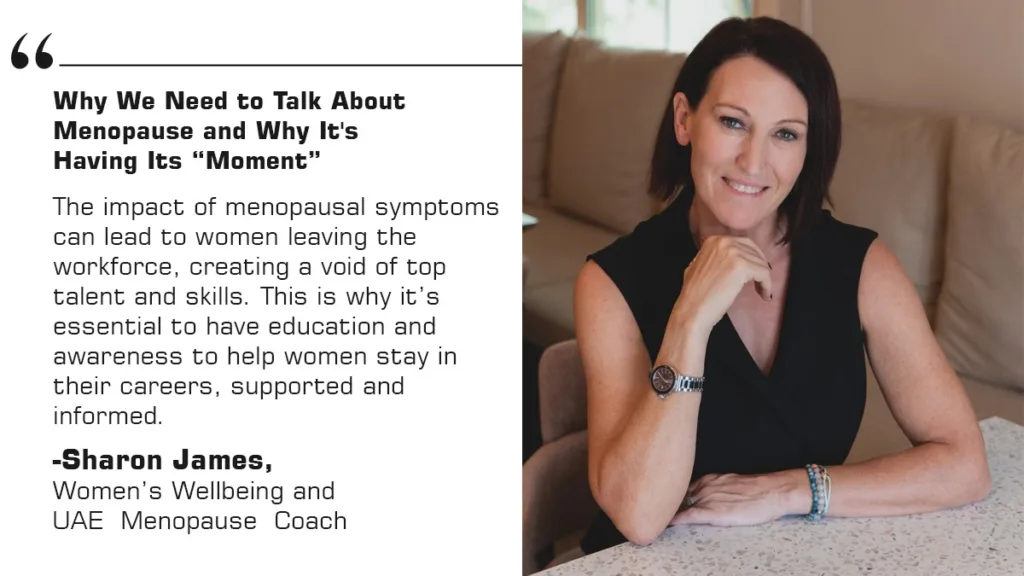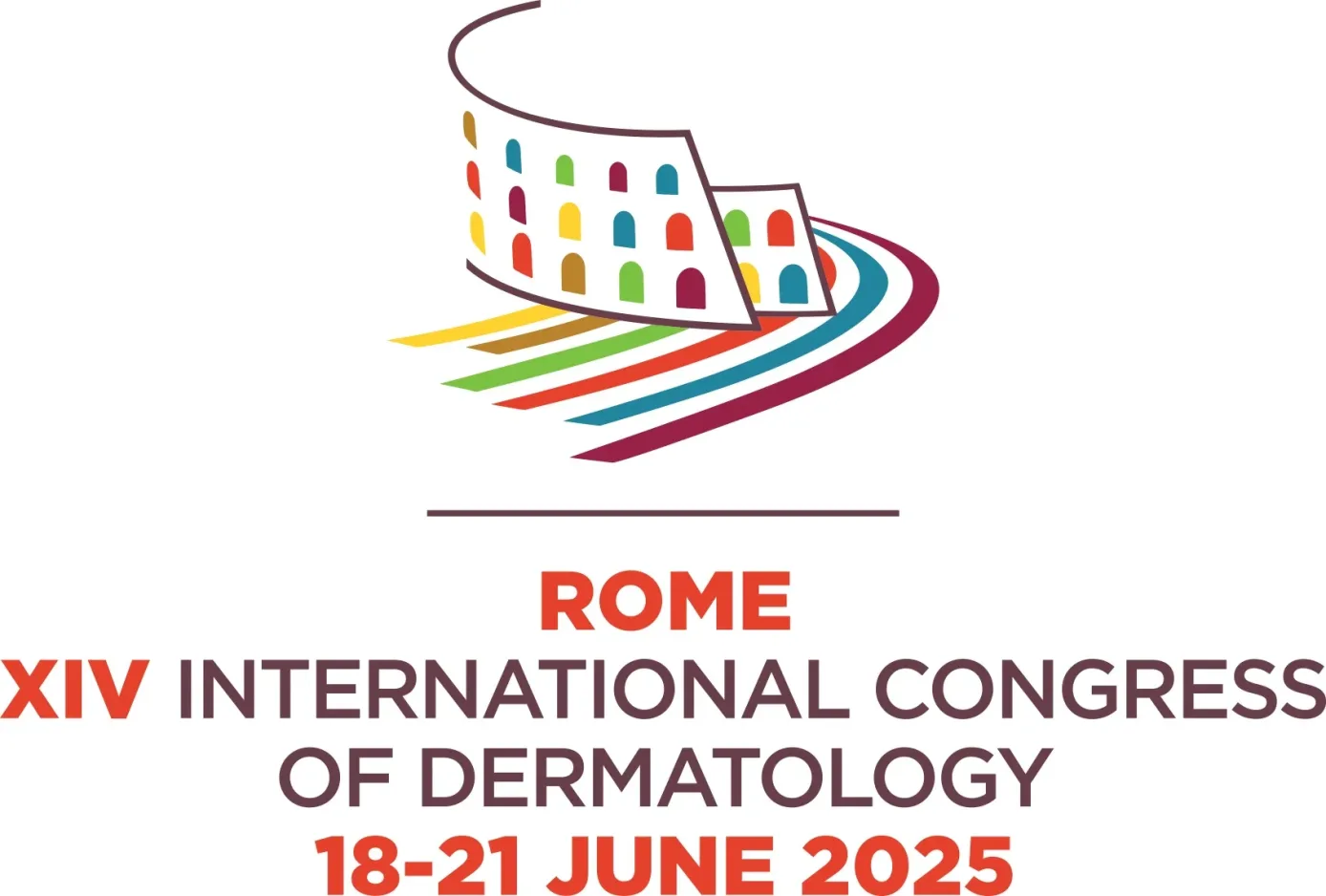In recent years, menopause has stepped into the spotlight, shifting from a largely taboo topic to one of open discussion and significant interest. This change reflects broader societal trends, advances in medical understanding, of women stepping into and beyond menopause. More women are now advocating for menopause awareness, demanding better research and support, and highlighting the high cost to women’s mental and physical wellbeing.
Historically, menopause was a subject best avoided, shrouded in silence and stigma. Women experiencing menopausal symptoms frequently felt isolated and misunderstood, with little information or support available. This lack of support and understanding has a huge impact on a woman’s mental and physical well-being. I remember a time when even as someone working as a women’s health coach, menopause wasn’t on my radar, and I didn’t even think to link the challenges I was having to menopause. It wasn’t something we talked about at school, with family, or even with friends. This hush-hush attitude extends to many women’s health issues, not just menopause. Today, thankfully, this is changing.
There is a growing recognition that menopause is a natural phase of life, its not an illness or a disease but deserves the same attention and understanding as other significant life events. Women like myself are breaking the silence, sharing our stories, and helping others navigate this transition with more understanding and less fear.
One of the key drivers behind this shift is increased awareness and education. More resources are available now than ever before, including books, podcasts, and online communities dedicated to the topic. These resources provide women with the information they need to navigate menopause with confidence and support. Public figures and celebrities are also speaking out about their own experiences, further normalizing the conversation and encouraging others to do the same.
Another crucial factor is the demographic shift toward an aging population. With more women reaching menopausal age, it has become a significant health and social issue. As life expectancy increases, women spend a substantial portion of their lives post-menopause. This longevity underscores the importance of understanding and managing this life stage effectively. It’s not just about enduring symptoms; it’s about thriving in this phase of life.
Additionally, many women are at the height of their careers when they experience menopause. The impact of menopausal symptoms can lead to women leaving the workforce, creating a void of top talent and skills. This is why it’s essential to have education and awareness to help women stay in their careers, supported and informed.

Medical advancements and the growing number of professionals with more than just minimal training in this field have played a role in bringing menopause to the forefront. However, there is still a lot of work to be done. Women often encounter medical professionals who lack the necessary understanding to help them navigate menopause effectively. Professionals must avoid defaulting to antidepressants or a get-on-with-it approach as the first line of treatment. Today, there are better treatment and management options available for menopausal symptoms, making it a more manageable and less daunting experience. From hormone replacement therapy to non
hormonal treatments and lifestyle modifications, women have more choices than ever to help them maintain their quality of life during menopause.
Ongoing research continues to uncover new information about menopause and its effects on health, further emphasizing its importance. Studies on the long-term impact of menopause on conditions such as osteoporosis, cardiovascular health, and cognitive function highlight the need for a proactive approach to managing menopausal health.
Also Read: GCC’s Inaugural Menopause Summit Comes to Dubai’s Museum of the Future
Menopause is having its moment for several reasons. Women are demanding more research and better support, and the high cost of women’s health issues, including treatment and medication, is becoming increasingly apparent. For instance, in the UK, women can now pay a one-time fee to receive hormone replacement therapy (HRT) for free, highlighting the growing recognition of the need for accessible treatments. This shift is driven by a combination of increased awareness, demographic changes, and medical advancements. By normalizing the conversation around this natural life stage, society and the medical profession are being compelled to foster a more supportive and informed environment for women navigating menopause.

This change not only empowers women but also promotes better health and well-being for a significant portion of the population.
Menopause isn’t something to fear or be embarrassed about; it’s a natural part of life that we should embrace. Understanding menopause has transformed my approach to mental and physical health, turning confusion into clarity and empowerment and I am grateful that today I can now apply this knowledge to help my client navigate
I believe no one should struggle through menopause. There’s knowledge and support available to make this journey smoother. It’s time to embrace this change, making the journey into menopause a pathway to vitality and joy.


















